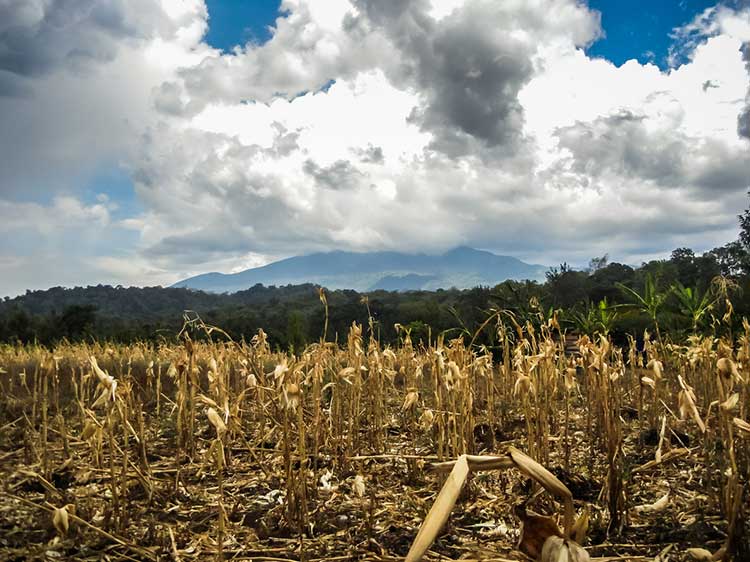 CAES News
CAES News
Return on Investment
Using fertilizer to increase crop yields in sub-Saharan Africa may seem like a logical choice, but farmers in rain-fed areas must also weigh the potential for low rainfall or excess heat during the growing season.

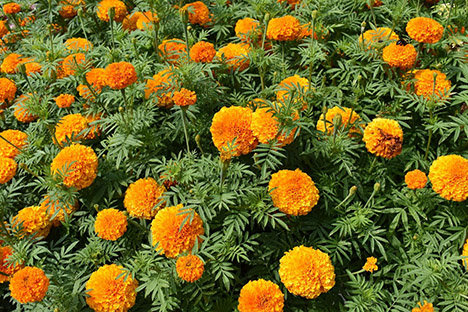

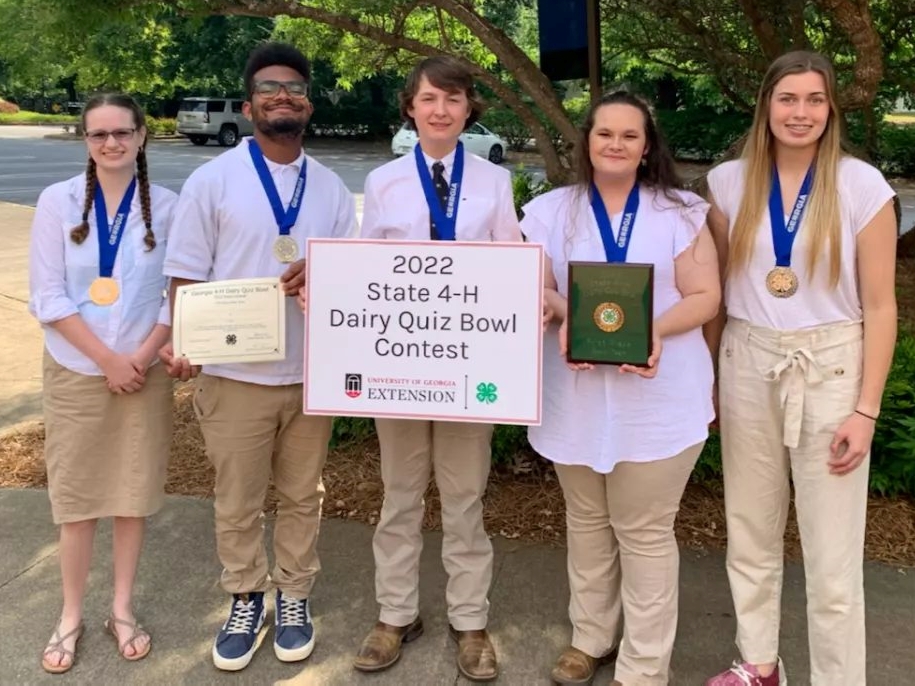
.jpg)
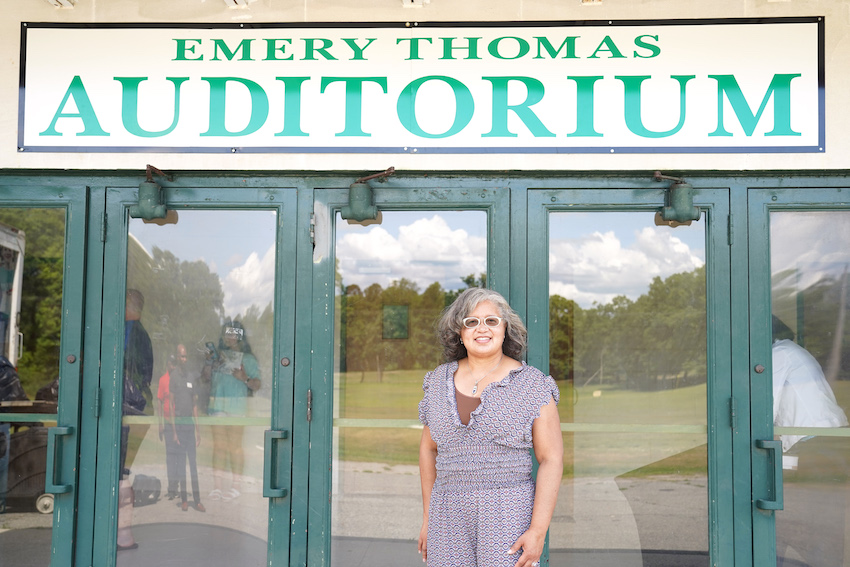
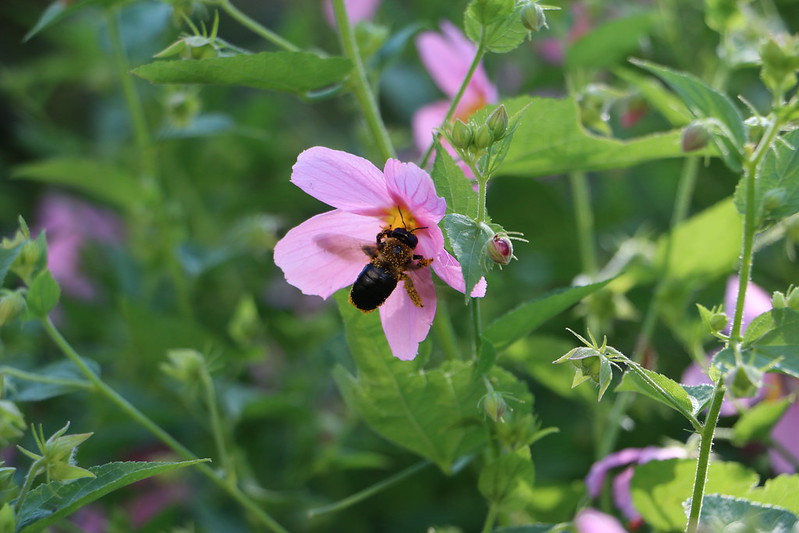

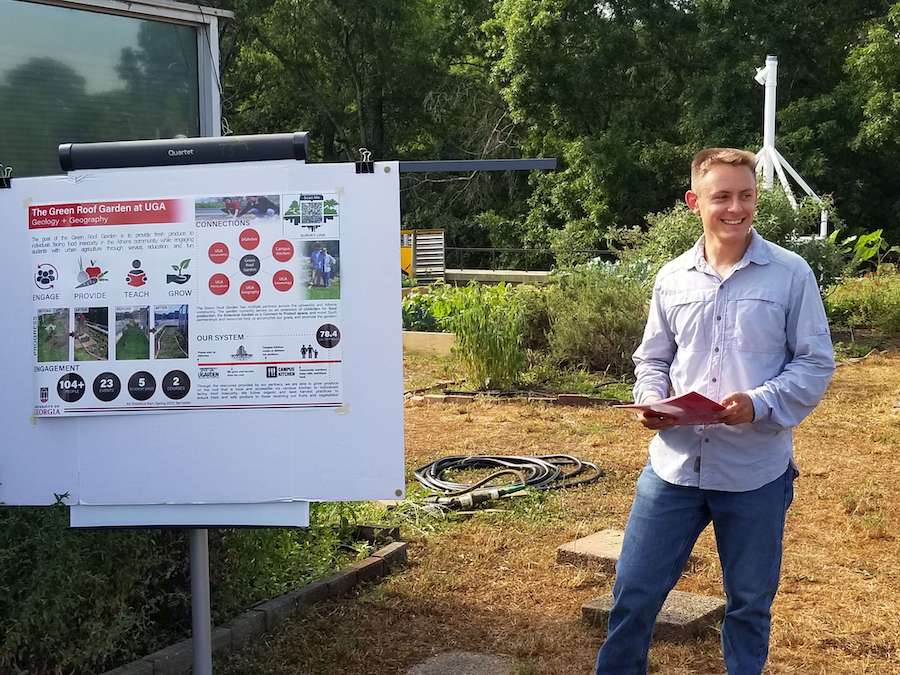
.jpg)